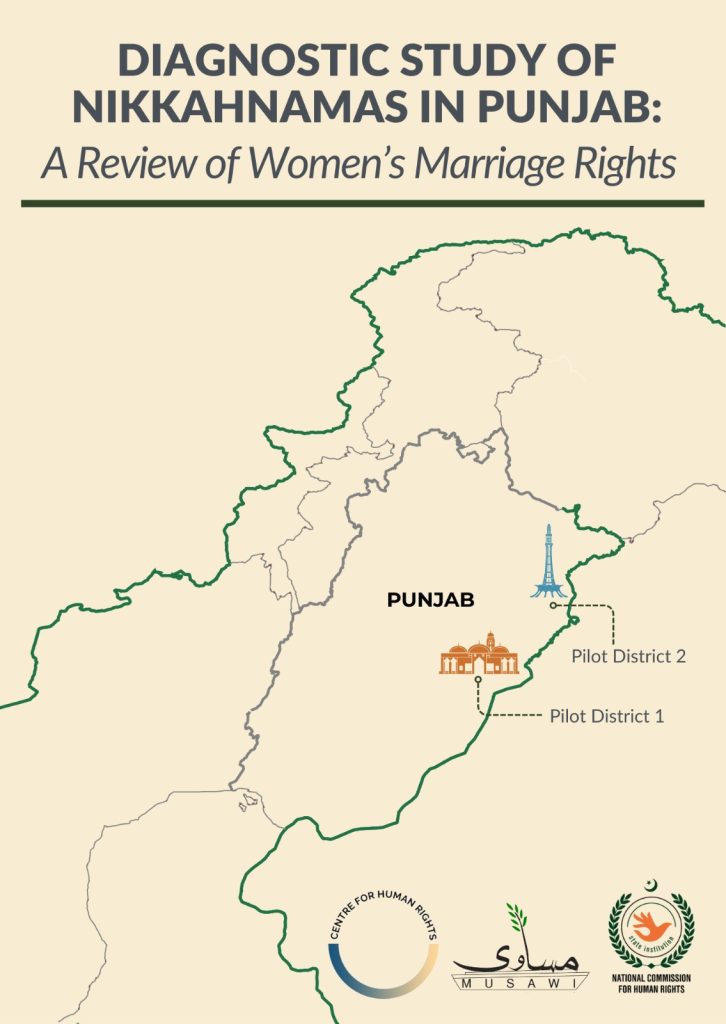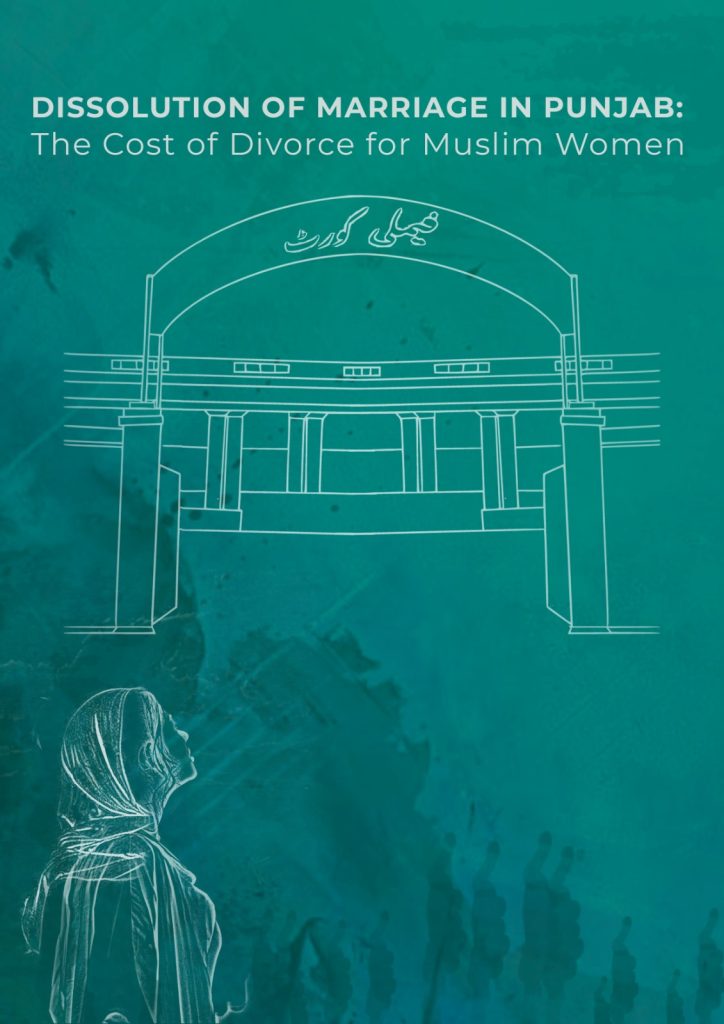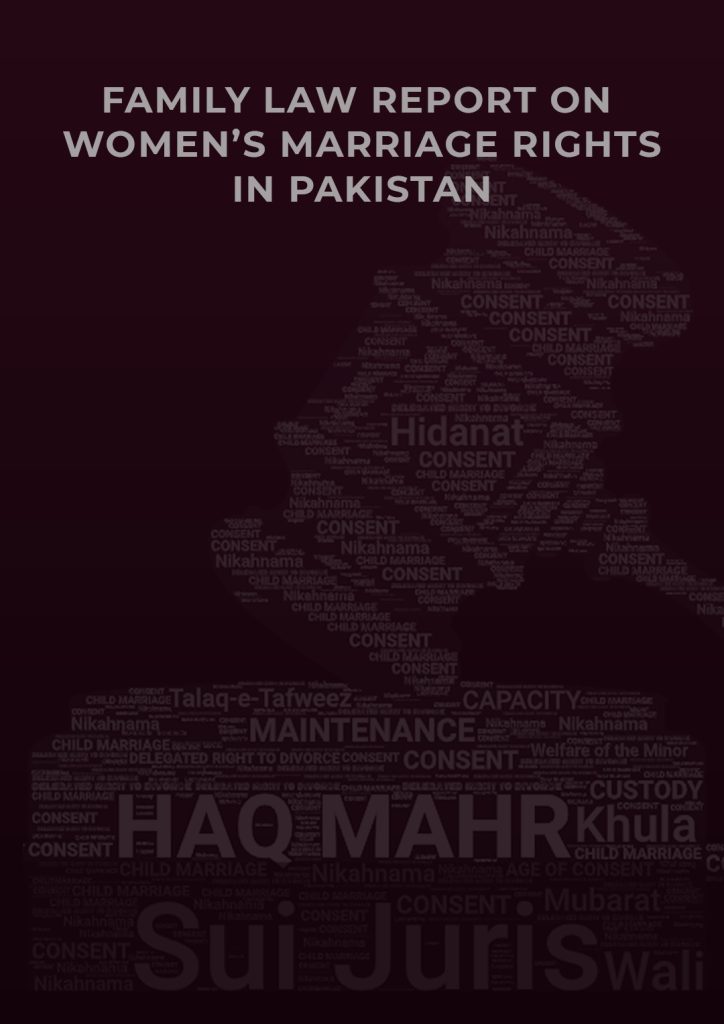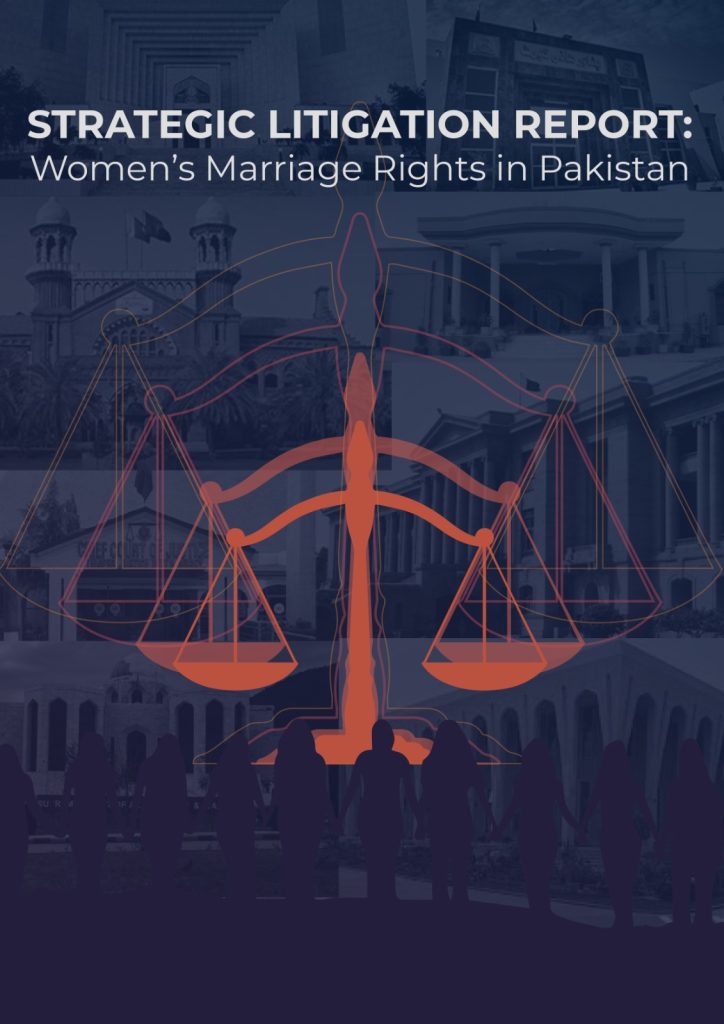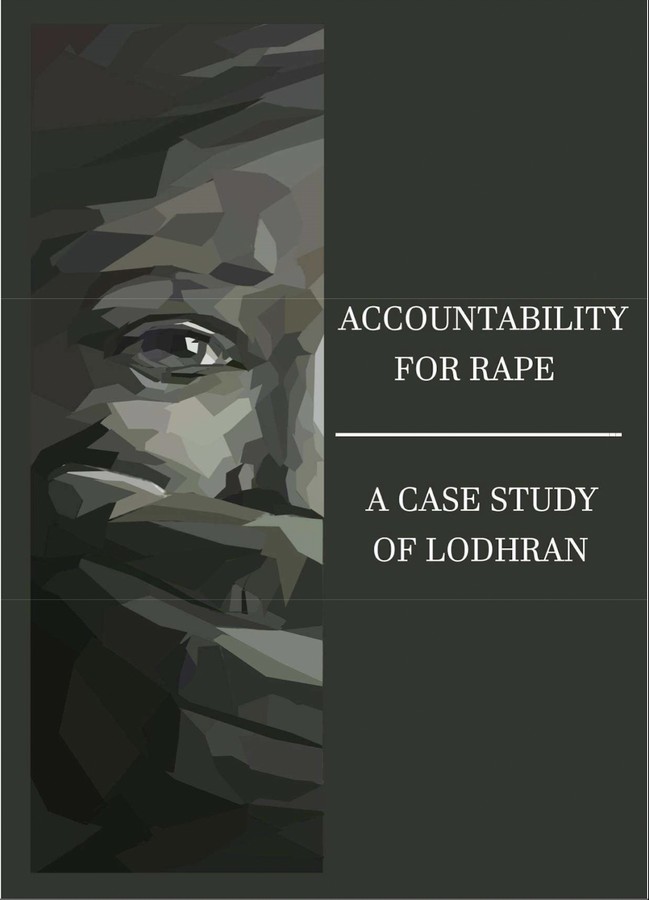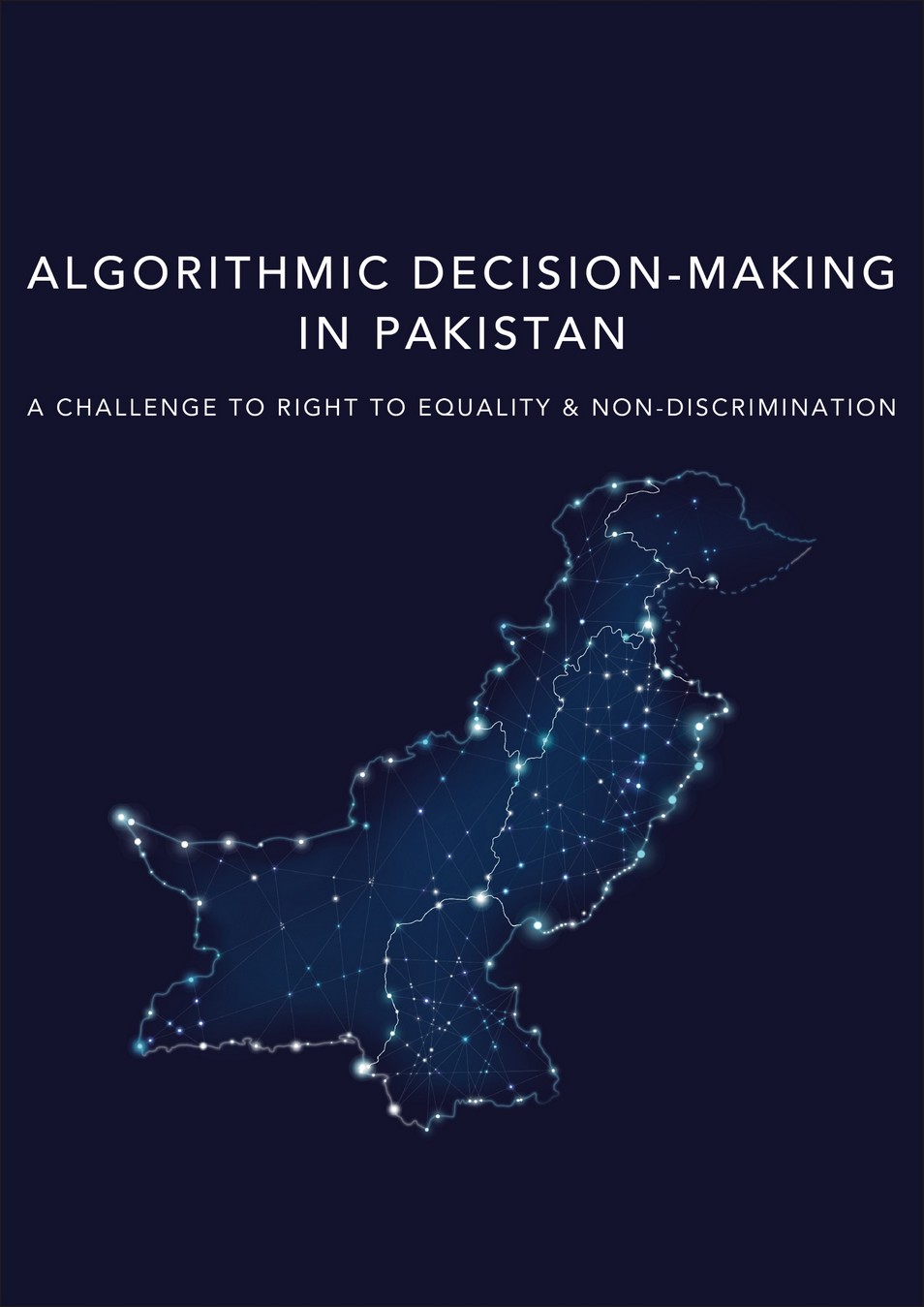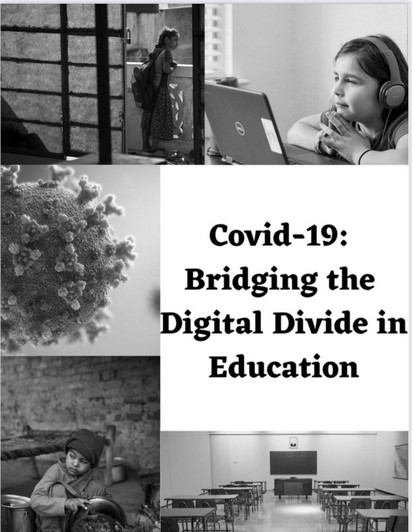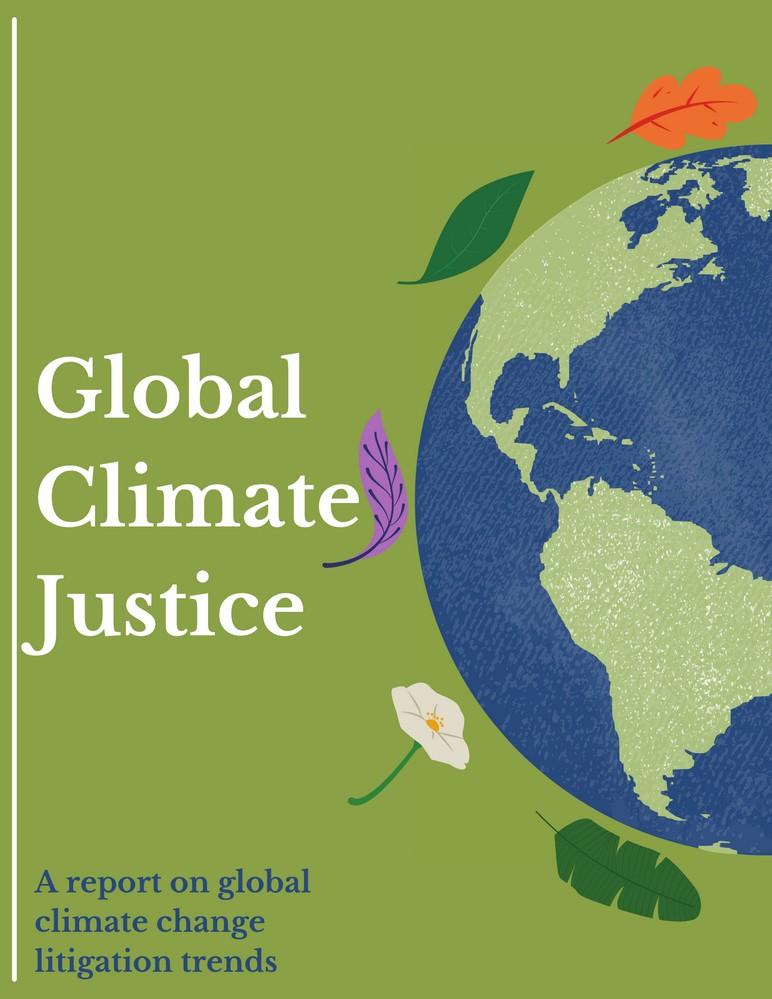Diagnostic Study of Nikkahnamas in Punjab: A Review of Women’s Marriage Rights
This independent research was prepared by the Centre for Human Rights and Musawi Private Limited with support from the National Commission for Human Rights and the American Bar Association Rule of Law Initiative. This report seeks to assess the present status of women’s marriage rights in Punjab, particularly rights provided for in the nikkahnama. The findings of the legislative gap analysis form the diagnostic review of select nikkahnamas from two pilot districts, to identify practices that protect and/or infringe women’s marriage rights in Punjab. The diagnostic analysis of nikkahnamas was conducted on a sample of 1,150 nikkahnamas, with a total of 105 KAP surveys conducted with Nikkah Registrars and 13 one-on-one interviews with Union Council officials. The study aimed to holistically understand gaps that impact the effective implementation of women’s marriage rights in Punjab.
Author:
Sevim Saadat
Principal Researchers:
Rehan Safder & Ali Imtinan
Dissolution of Marriage in Punjab: The Cost of Divorce for Muslim Women
This is an independent report prepared by the Centre for Human Rights with support from the American Bar Association Rule of Law Initiative. This report examines women’s accessibility to justice when dissolving their marriage in Punjab. It evaluates four key forms of dissolution of marriage — talaq, khula, delegated right to divorce, and mutual divorce — and its practice in two select districts of Punjab: Lahore and Pakpattan. The report adopted a mixed methods research approach, utilizing both quantitative and qualitative tools.
Authors:
Ali Imtinan & Seher Aftab
Principal Researcher:
Ashal Nadeem
Cover Page:
Zain Aftab
Family Law Report on Women’s Marriage Rights in Pakistan
This report was a joint effort of the Centre for Human Rights and American Bar Association Rule of Law Initiative. The Centre commissioned Minto & Mirza to support the development of this report. The report examines the marriage rights of Muslim women under Pakistan’s laws pertaining to divorce, custody, maintenance and property. The report endeavours to remove any ambiguities and presents case law in a clear, streamlined manner.
Cover Page:
Zain Aftab
Strategic Litigation Report: Women’s Marriage Rights in Pakistan
This report was a collaborative effort of the Centre for Human Rights and the American Bar Association Rule of Law Initiative. The Centre commissioned Axis Law Chambers to support the research and development of this report. The Strategic Litigation Report analyzes existing federal and provincial legislation and judicial precedents related to marriage rights and family laws in Pakistan. The report identifies potential issues that strategic litigation can address. These issues include the need for uniform minimum age for females and males across Pakistan, regulations for Nikah Registrars, creating a burden to obtain subsequent marriages, and strengthening financial rights of women post-divorce amongst others.
Cover Page:
Zain Aftab
Design & Layout:
Sajal Khan and Sevim Saadat
Accountability for Rape: A Case Study of Lodhran
This project was a collaborative effort of the Centre for Human Rights and the American Bar Association – Rule of Law Initiative. The case study investigates the procedural and structural challenges that are faced by complainants & victims of rape in finding justice at the trial court level in Pakistan. The report involved analyzing 63 trial court files from District Lodhran, specifically cases that are ‘contested acquittals’ i.e. cases that went from filing to trial. The analysis explored factors from the occurrence of the incident to the announcement of judgment which cumulatively contributed to extremely high acquittal rates in rape cases for the district by complainants & victims of rape in finding justice at the trial court level in Pakistan.
Research Assistants:
Amad Tahir, Arsham Maqbool Bari, Deeya Farrukh, Mahrukh Shahid, Rabia Yasmin Bokhari, and Muhammad Sajjad Qureshi
Principal Researchers:
Sevim Saadat & Fatima Yasmin Bokhari
Algorithmic Decision-Making in Pakistan: A Challenge to Right to Equality & Non-Discrimination
Artificial Intelligence carries numerous opportunities, but globally the alarm of its risks has buzzed quite loudly. Despite this, the discourse in Pakistan continues to be focused on the opportunities of AI and the risks remain largely unaddressed, especially the risks posed to human rights. This report is a conversation starter in Pakistan about the risks of AI, in particular that of algorithmic unfairness in automated decision-making in relation to the constitutional freedoms of inequality and non-discrimination in Pakistan.
Given the technicalities of this area, the report has benefited from expert insights provided by AI researchers, AI System developers, experts working on de-biasing AI Systems, human rights experts, and legal scholars of AI. The report helps breakdown the technical workings of AI algorithms and how the pre-existing inequalities in the society can be embedded into an algorithm which can then be reinforced through decision making by AI Systems. The report also identifies the gap which exists between the law and IT industries which needs to be bridged in order to develop a more sustainable future of AI through strategic intervention of law and policy. As AI involves and impacts a range of stakeholders, the report offers targeted recommendations for the way forward in Pakistan.
Project Lead:
Uzma Nazir Chaudhry
Bridging the Digital Divide during Covid-19: A Right to Internet Access and the Path Towards Sustainability in Education
In light of the adverse, reverberating impacts of Covid-19-induced lockdowns, the existent digital divide in education has surfaced more clearly than ever. It has disproportionately exacerbated socio-economic inequalities and discrimination against already marginalised segments of the student population. This project focuses on ways to bridge the digital divide in education, and thus ensure the realisation of the essence of the fundamental rights to education and equal treatment.
To that end, extensive comparative research was undertaken in the first phase of this project to analyse the methods of domestic entrenchment of a right to internet access across the world. Constitutions, laws, judicial decisions and public policy frameworks of a range of selected countries were identified, analysed and compared. Simultaneously, our research also focused on the domestic landscape in Pakistan to explore and understand the prospects for entrenching a guarantee of access to the internet in education. In the second phase of the project, a right to internet access was analysed in a global context, from the lens of international human rights law. Various human rights instruments were analysed to assess the extent to which the existing corpus of international human rights law incorporates and accounts for a right to internet access, both generally and in the specific context of education.
Read the original version of this research published in a special IAU-UNODC journal here
Project Lead:
Fatima Mehmood
Student Research Assistants:
Maham Kashif, Hassan Ali Askari, Sajal Khan, Roshnaina Areej, Amna Hussain
Global Climate Justice
This report was prepared for the Commission on Human Rights of the Philippines by the Centre for Human Rights. It was written primarily to assist the Commission in their formulation of a broader curriculum and framework on climate change, a part of which demonstrates the different legal trends, patterns and movements that have been successful in climate change litigation. The report focuses on landmark climate change cases from 31 countries, and provides an analysis of the varied judicial activism across the globe vis-a-vis climate change litigation. The report also reflects on the role of climate science as legal evidence which has caused a positive shift in judicial attitudes, and also analyses the jurisprudence which is developing across the globe to deal with climate change.
Principal Researcher:
Uzma Nazir Chaudhry

